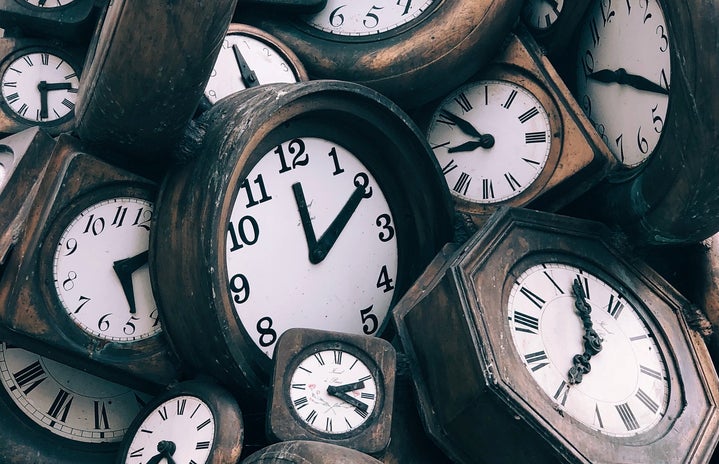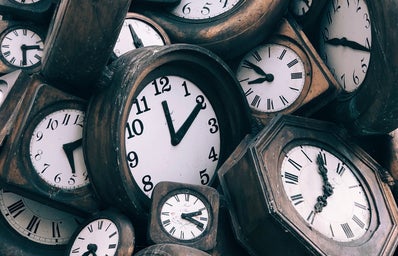Female aging is fraught with stigmas and prejudices in contemporary society. While older men are often portrayed as charming and mature, women of the same age face a starkly different reality, frequently being seen as having “passed their prime” or being “useless.” This disparity manifests in various ways, from the impact of the so-called “biological clock” to the lack of representation of elderly actresses in Hollywood.
The concept of the “biological clock” significantly contributes to the pressure on women regarding aging. From an early age, they are warned about the need to marry and have children before a certain age, fearing their reproductive capacities will diminish. While this discourse has biological underpinnings, it imposes a sense of urgency and fear of aging not equally shared by men. In this context, society views female aging through a lens of loss and decline rather than maturity and experience.
In the world of entertainment, especially in Hollywood, the lack of elderly actresses is noticeable. While actors like George Clooney and Harrison Ford continue to star in films and are celebrated for their “maturity” and “charm,” actresses like Meryl Streep and Helen Mirren are exceptions, not the rule. The film industry has a long history of preferring young actresses, and opportunities for women diminish drastically as they age. This reinforces the idea that beauty and youth are the most valued attributes in women, while men are appreciated for their experience and wisdom.
This difference in treatment is evident not only on screen but also in everyday life. Older men are often described with positive adjectives such as “distinguished” and “experienced,” while women of the same age are often made invisible or described in a derogatory manner. This disparity affects the self-esteem and opportunities of older women and perpetuates a cycle of discrimination and inequality.
Society must reevaluate its values and perceptions regarding female aging. Celebrating the maturity, experience, and wisdom of women, rather than just their youth and beauty, is crucial for a more inclusive and equitable culture. More diverse and realistic representations in the media, along with greater awareness of the inherent biases in the concept of the “biological clock,” can contribute to positive change.
Female aging is often shrouded in a veil of fear and insecurity, rooted in the negative view that society perpetuates about this natural process. While healthcare is essential to ensure an adequate quality of life, the real fear lies in how female aging is perceived and treated by society.
Historically, youth and beauty have been exhaustively valued as predominant characteristics of female identity. The media, fashion industry, and cultural standards often portray young women as the ideal of success and attractiveness. This obsession with youthful appearance creates immense pressure on women to maintain an image of eternal youth, resulting in an incessant pursuit of aesthetic treatments, plastic surgeries, and anti-aging products.
As women age, they face not only natural physical changes but also a profound social stigma. Wrinkles, gray hair, and other signs of time are often seen as indicators of decline rather than being accepted as emblems of wisdom and experience. Society tends to make older women invisible, relegating them to secondary or stereotypical roles, which can affect their self-esteem and emotional well-being.
Additionally, the job market often discriminates against older women, limiting their opportunities for professional growth and recognition. The idea that competence and relevance diminish with age perpetuates an injustice that impacts not only their careers but also their financial independence.
The fear of female aging, therefore, extends beyond concerns about physical health. It is amplified by society’s negative view, which primarily associates a woman’s value with her appearance and youth. To combat this view, it is essential to promote a cultural shift that values all stages of a woman’s life, celebrating the experience, wisdom, and inherent beauty at each stage of aging.
The article above was edited by Camila Lutfi.
Liked this type of content? Check Her Campus Cásper Líbero home page for more!


